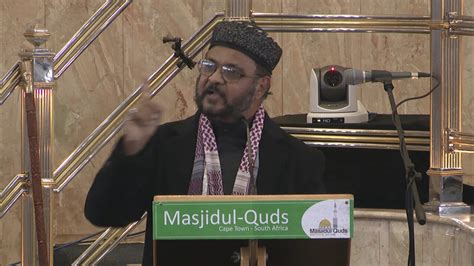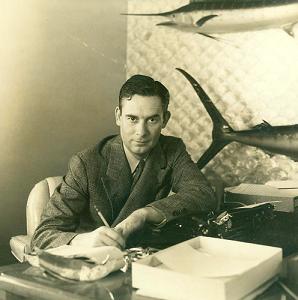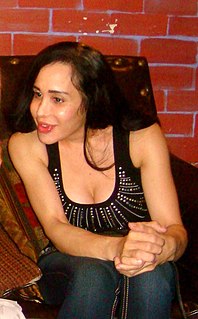A Quote by Pope John Paul II
The frenetic pace of modern life can lead to an obscuring or even a loss of what is truly human... Perhaps more than in other periods of history, our time is in need of that genius which belongs to women, and which can ensure sensitivity for human beings in every circumstance.
Related Quotes
The health of a society is truly measured by the quality of its concern and care for the health of its members . . . The right of every individuals to adequate health care flows from the sanctity of human life and that dignity belongs to all human beings . . . We believe that health is a fundamental human right which has as its prerequisites social justice and equality and that it should be equally available and accessible to all.
Not only does the modern person often think that sight is more important than sound - there's no objective evidence to indicate that. Many people, even audiologists who study the science of human speech and hearing, have assumed for a long time that the human ear evolved to hear the human voice, rather than the voice changing to fit the human ear. And the human ear is actually not a perfect match if we map its sensitivity to the different frequencies in the human range of hearing; it's an unequal curve, it's kind of a wavy line.
The history of science, like the history of all human ideas, is a history of irresponsible dreams, of obstinacy, and of error. But science is one of the very few human activities-perhaps the only one-in which errors are systematically criticized and fairly often, in time, corrected. This is why we can say that, in science, we often learn from our mistakes, and why we can speak clearly and sensibly about making progress there. In most other fields of human endeavour there is change, but rarely progress ... And in most fields we do not even know how to evaluate change.
A person is a person through other persons. None of us comes into the world fully formed. We would not know how to think, or walk, or speak, or behave as human beings unless we learned it from other human beings. We need other human beings in order to be human. I am because other people are. A person is entitled to a stable community life, and the first of these communities is the family.
The characteristic human trait is not awareness but conformity, and the characteristic result is religious warfare. Other animals fight for territory or food; but, uniquely in the animal kingdom, human beings fight for their 'beliefs.' The reason is that beliefs guide behavior, which has evolutionary importance among human beings. But at a time when our behavior may well lead us to extinction, I see no reason to assume we have any awareness at all. We are stubborn, self-destructive conformists. Any other view of our species is just a self-congratulatory delusion.
Artists use frauds to make human beings seem more wonderful than they really are. Dancers show us human beings who move much more gracefully than human beings really move. Films and books and plays show us people talking much more entertainingly than people really talk, make paltry human enterprises seem important. Singers and musicians show us human beings making sounds far more lovely than human beings really make. Architects give us temples in which something marvelous is obviously going on. Actually, practically nothing is going on.
Wanted or unwanted, I believe that human life, even at its earliest stages, has certain rights which must be recognized – the right to be born, the right to love, the right to grow old... When history looks back to this era it should recognize this generation as one which cared about human beings enough to halt the practice of war, to provide a decent living for every family, and to fulfill its responsibility to its children from the very moment of conception.
Without even knowing why, we believe that to learn how to be human - which we have many years to do, for human beings have longer childhoods than any other species, a feature that to biologists and philosophers alike is one of our race's distinguishing characteristics - children must be surrounded by animal imagery.
There is a tendency among many shallow thinkers of our day to teach that every human act is a reflex, over which we do not exercise human control. They would rate a generous deed as no more praiseworthy than a wink, a crime as no more voluntary than a sneeze. . . Such a philosophy undercuts all human dignity. . . All of us have the power of choice in action at every moment of our lives.
Those social behaviors which automatically preclude the building of a democratic world must go - every social limitation of human beings in terms of heredity, whether it be of race, or sex, or class. Every social institution which teaches human beings to cringe to those above and step on those below must be replaced by institutions which teach people to look each other straight in the face.










































